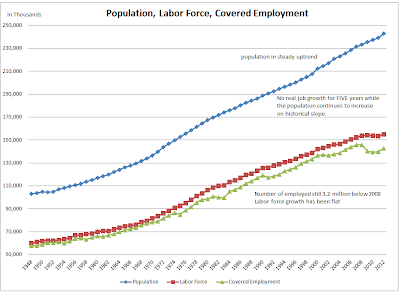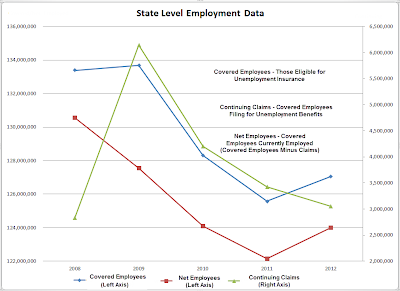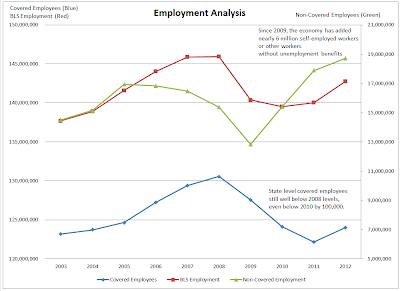
A new survey by Citibank finds that 23 percent of small business owners have gone without pay for at least a year as they work to keep their businesses afloat in a tough economy. “Business owners are wearing more hats, working more hours and taking less profit” to keep their businesses going, said Maria Veltre, Citi's managing director of small business. “They don’t sit idle, they’re asking, ‘What do I need to do to make my business grow?’ There is a level of sacrifice small business owners take for their businesses.”
The nationwide survey of 750 small business owners found that despite financial challenges, one-third of respondents say their business is better than it was a year ago, up from 26 percent in January. Another 33 percent expect their business will grow by more than 10 percent in 2012.
Keeping businesses afloat has required sacrifices on the part of both employer and employees, the survey found. Over the past few years, business owners report that they have, at one time or another, taken less profit (78 percent), worked more hours than usual (70 percent), and used their own money to help the business survive (69 percent).
But what is most revealing is that the majority of respondents — 54 percent — say they have gone without a paycheck in order to keep the business running. And nearly one-quarter (23 percent) have gone without pay for one year or more.
Employees, too, sacrificed finances for their employers. More than one-third of owners (38 percent) said their employees worked overtime without pay; 18 percent said employees either missed paychecks or had paychecks delayed.
Previous reports of tight credit for small business owners could be one reason that owners are going without paychecks. But a reluctance to borrow is another. As fears loom about what Obamacare and expired tax cuts could mean for their bottom lines, many are avoiding the idea of taking on more debt.
Indeed, said Veltre, “access to financing doesn’t come up in the top five most important issues among small businesses on our survey. We don’t see that they are saying, ‘We need cash.’ Instead, they are saying, ‘We need sales, and we need consumer confidence to be addressed.’”
Veltre said she would characterize small business owners as cautious, even as they become more optimistic. “They’re holding tight on hiring, because sales is still a question.”
The survey, conducted between May 1-May 18, had an overall margin of error of plus or minus 3.58 percentage points.
http://www.cnbc.com/id/47723383






Comment